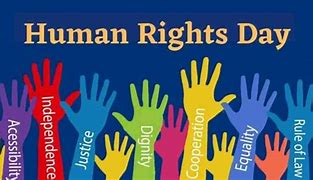MENU
The Human and Civil Rights Association of New Jersey (HCRA) was established in 1973 as a non-profit organization under 501(c)(3) of the Internal Revenue Service code, and maintains a Certificate of Incorporation (Recorded May 22, 1975, Essex County Clerk). Its mission is to ensure equal protection under our human and civil rights laws detailed in the above links.
HCRA was incorporated to advance the skill and function of local government units to improve their delivery of services to the citizens of New Jersey and to encourage the advancement of New Jersey's legal framework -- the methods and systems through which the state provides protection to aggrieved persons. Click above for a summary of HCRA history.
Since the earliest days of incorporation, HCRA has been a leading force in addressing the causes and vestiges of discrimination in New Jersey. These objectives have been achieved by speaking out on sensitive issues that create racial conflict and community unrest, sponsoring a multitude of community programs to educate citizens on human and civil rights, serving as an advocate to eradicate discrimination and bias in our society, and honoring supporters.
During the 1970s and 1980s, the New Jersey Division on Civil Rights (DCR) and the U.S. Equal Employment Opportunities Commission (EEOC) supported HCRA training programs and sponsored many civil rights workshops that provided expert assistance in the areas of affirmative action, equal employment opportunity, and civil rights. HCRA has also worked very closely with many human relations commissions and affirmative action offices throughout the past thirty years. In May 1990, the Atlantic County Board of Freeholders created a human relations commission that was recommended by a member of HCRA. For forty years (1975-2015) HCRA participated in and provided training at the New Jersey League of Municipalities annual conferences held in Atlantic City, New Jersey.
In March 2007, HCRA published the first issue of its newsletter, The Humanitarian.
HISTORY






